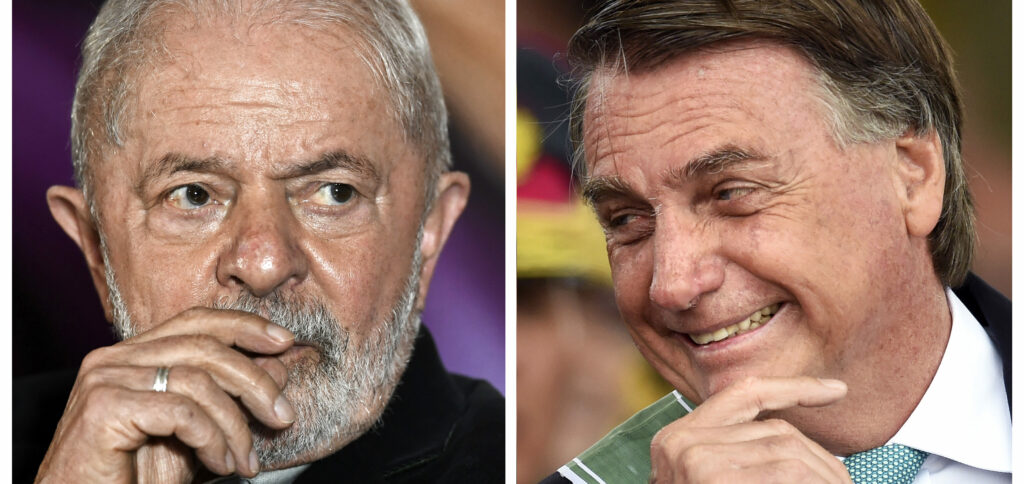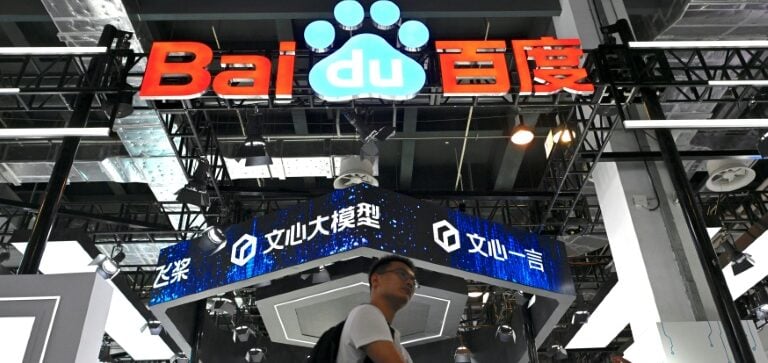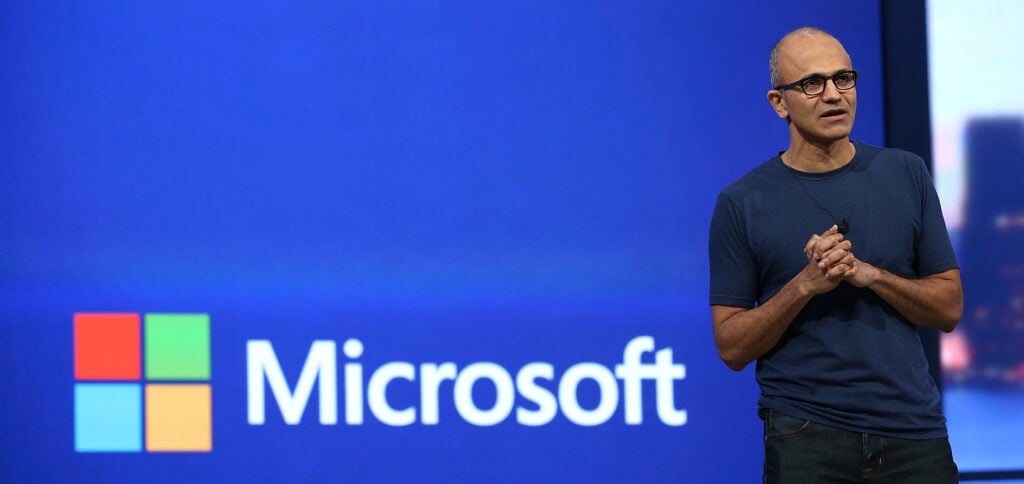This preference contradicts that of the general electorate, in which Lula has 47%, with an advantage of 14 percentage points over Bolsonaro, according to the latest Datafolha survey, published this Thursday (22).
ADVERTISING
Businesspeople especially value the advancement of the Bolsonaro government's neoliberal agenda, which promeyours in 2018 to reduce the size of the State, say analysts.
Led by the Minister of Economy, Paulo Guedes, this policy is reflected in privatizations, such as that of Eletrobras, and several concessions, such as the one granted in the sanitation administration to the company Águas do Rio.
Businesspeople also appreciated the reform of the pension system and the push for tax reform, pending in Congress.
ADVERTISING
“I prefer a liberal agenda and not one of state capitalism. What creates jobs is not the State, but the private sector, which drives the economy”, states, without revealing his vote, João Cox, member of the boards of directors of several companies, such as Embraer.
Economic recovery
The psmall entrepreneurs, in turn, value the fact that Bolsonaro opposes closures during the covid-19 pandemic, which has killed more than 685.000 people in the country, according to Daniela Campello, a political science specialist at Fundação Getúlio Vargas.
The post-pandemic economic recovery also weighs in the president's favor.
ADVERTISING
Brazil grew 4,6% in 2021, after recording a drop in 2020, and the market projects an expansion of 2,65% for this year.
The concerns point to “greater State interventionism in the economy and the commitment to redistribution in favor of workers”, including promeWe need to review the reform that made some labor rights more flexible in 2017, analyzes Campello.
Agriculture, a Bolsonarist stronghold
By sectors, agribusiness continues to be the great Bolsonaro stronghold. He supported Bolsonaro until September 7, 2021, when a column of tractors participated in the traditional military parade in Brasília.
ADVERTISING
In fact, the main private donor to Bolsonaro's campaign (one million reais) is grain producer Oscar Cervi.
The sector, which represents almost 28% of GDP, highlights advances in logistics infrastructure and good performance despite the pandemic and Russia's war in Ukraine, says Luiz Carlos Corrêa Carvalho, president of the Brazilian Agribusiness Association.
And it's key Bolsonaro's stance against indigenous people's demands in the legal dispute over agricultural land, in the hands of the Federal Supreme Court (STF).
ADVERTISING
Lula “makes it clear that he supports the land invasion and even said in the debate that agriculture was 'right-wing and fascist', so it is natural that the producer is very afraid and sees this candidacy as a threat”, says Corrêa Carvalho.
Another fear for agriculture is that Lula will decide to create “taxes on exports”, following the Argentine government model, adds a consultant who spoke on condition of anonymity.
Silences and divisions
The president's group of loyal supporters also includes a handful of businessmen - with millionaire Luciano Hang at the head -, investigated by the STF after the leak of conversations on a messaging service in favor of a coup d'état in case of defeat.
But there is also detractors. For example, Luis Stuhlberger, a successful businessman, who ensured that “never again” will vote for “psychopath” Bolsonaro.
“The support [from the business community] was not unanimous, but it was much stronger. Now it’s more divided” than in 2018, explains Christopher Garman, executive director for the Americas at Eurasia Group.
Large business associations, including those in the automotive, chemical and foreign trade industries, declared themselves “non-partisan” to the AFP, after having publicly supported Bolsonaro in the past.
There were also atypical gestures, such as the dissemination of a manifesto in defense of democracy in response to Bolsonaro's attacks on electronic voting machines by the Federation of Industries of São Paulo (Fiesp) and initialed by the Brazilian Federation of Banks (Febraban).
According to German, Bolsonaro still lost “credibility throughout his mandate, even generating concern about fiscal management, with repeated changes in the spending ceiling, and a terrible reputation outside the country, with a stain in environmental terms”.
This, says the analyst, ended up leading some multinational leaders and foreign investors to lean in favor of Lula.
(With the AFP)
Read also







